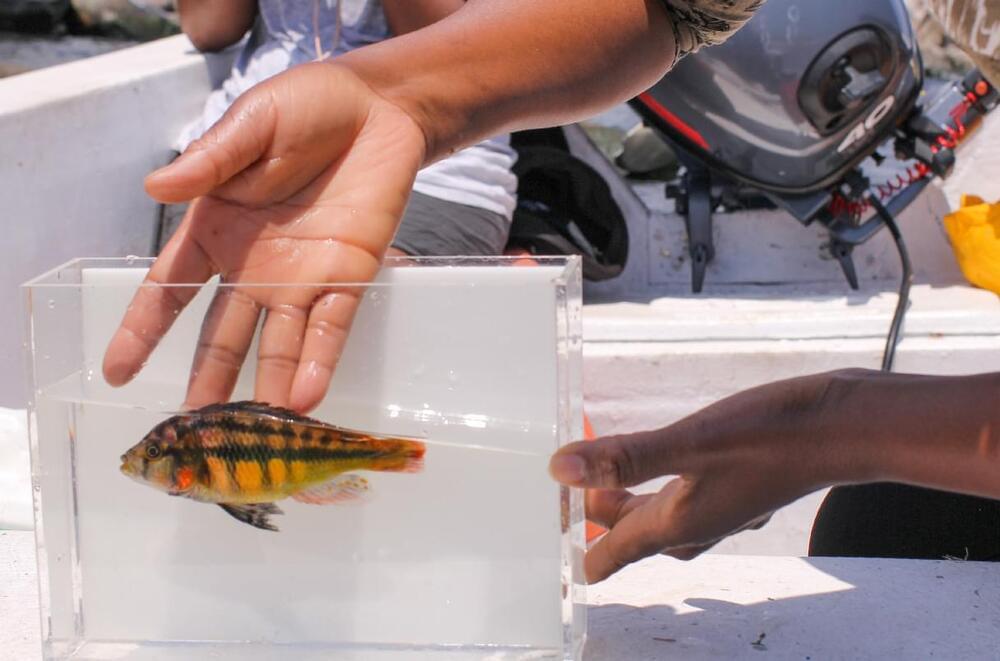When a new island or lake appears, the plants and animals that get there first have a leg up on later arrivals and are more likely to diversify into new species—or so evolutionary biologists have long assumed. But a study of fossils from East Africa’s Lake Victoria shows that it takes more than arriving early to win the speciation race. Although several kinds of fish colonized this lake around the same time, only cichlids took off, forming 500 species in less than 17,000 years, the team reports today in.
“The paper uses a very smart [way] to find a clear answer to a longstanding question, which is why certain groups of organisms are more successful at forming many species over a short period of time,” says Claudius Kratochwil, an evolutionary developmental biologist at the University of Helsinki who was not involved with the work. The findings suggest opportunity and versatility matter more than primacy, adds George Turner, an evolutionary biologist and cichlid fish expert at Bangor University who was also not involved.
Most cases of adaptive radiation, wherein one species gives rise to many more, took place over millions of years, making it nearly impossible for scientists to figure out why that one colonizing species became so successful. But the extreme diversity within a group of fish called cichlids began to arise a mere 17,000 years ago, when the modern version of Lake Victoria began to fill where today the borders of Uganda, Kenya, and Tanzania meet. Now 500 species strong—each inhabiting a particular niche within the lake—this group’s evolution represents “the most rapid radiation event known among vertebrates,” says Nare Ngoepe, an evolutionary biologist at the University of Bern.
